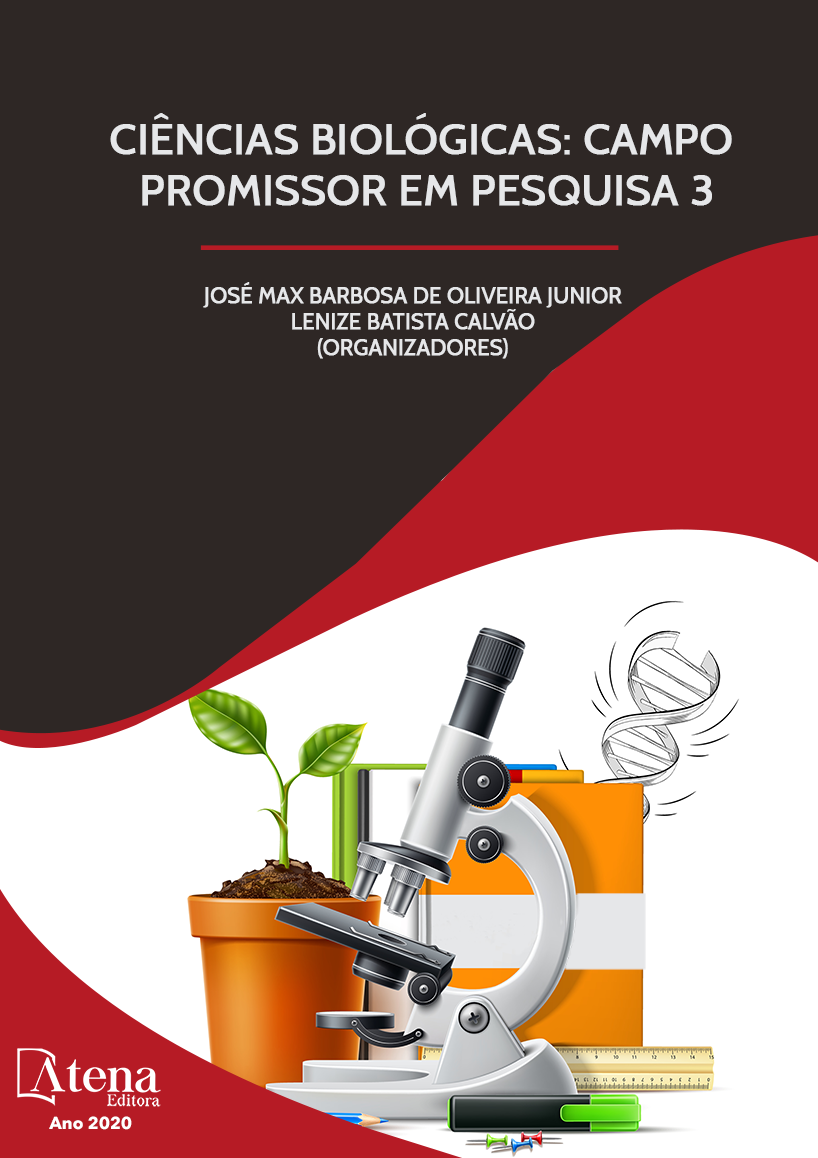
EFEITO DE ÓLEOS ESSENCIAIS SOBRE GERMINAÇÃO DE CONÍDIOS E O CRESCIMENTO MICELIAL DE FUNGO DA ANTRACNOSE- Colletotrichum acutatum
Das diversas doenças do morangueiro encontra-se a Antracnose, causada pelo fungo do gênero Colletotrichum spp. Essa doença manifesta-se principalmente pelo sintoma denominado flor-preta, causando sérios prejuízos, pois ataca diretamente flores e frutos. Atualmente a principal estratégia de controle deste fungo, é o uso de produtos químicos sobre a cultura. O objetivo do presente estudo foi extrair e avaliar o efeito de cinco óleos essenciais em diferentes concentrações das plantas capim limão (Cymbopogon citratus), citronela (Cymbopogon nardus), manjericão (Ocimum basilicum), tomilho (Thymus vulgaris) e sálvia (Salvia officinalis). A metodologia utilizada para extração foi por hidrodestilação utilizando o aparelho de Clevenger, e para a contagem de conídios foi utilizada a Câmara de Neubauer. Para avaliar o efeito dos óleos no crescimento micelial e germinação de esporos do fungo foram utilizadas alíquotas de 5, 10, 15, 20 e 25 µL do óleo essencial, as quais foram distribuídas na superfície da placa com o meio de cultura BDA. Das cinco espécies de plantas utilizadas, em apenas capim-limão e citronela, as quantidades de óleo extraídas foram suficientes para os experimentos delineados. As alíquotas a partir de 15 µL inibiram em mais de 60% a germinação e a produção dos esporos isolados quando comparados com a testemunha e com o fungicida. Portanto, o óleo essencial do capim-limão mostrou-se mais efetivo do que o óleo de citronela. Diante disso, os óleos essenciais revelam-se uma propícia alternativa para o desenvolvimento de tratamentos fitossanitários para o uso de doenças em plantas.
EFEITO DE ÓLEOS ESSENCIAIS SOBRE GERMINAÇÃO DE CONÍDIOS E O CRESCIMENTO MICELIAL DE FUNGO DA ANTRACNOSE- Colletotrichum acutatum
-
DOI: 10.22533/at.ed.25720160113
-
Palavras-chave: Antracnose. Morango. Colletotrichum acutatum. Óleo essencial
-
Keywords: Anthracnose. Strawberry. Colletotrichum acutatum. Essential oil.
-
Abstract:
Among the various diseases of strawberry is anthracnose, caused by the fungus of the genus Colletotrichum spp. This disease manifests itself mainly by the symptom called black flower, causing serious damage, as it directly attacks flowers and fruits. Currently the main control strategy of this fungus is the use of chemicals on the crop. The aim of the present study was to extract and evaluate the effect of five essential oils on different concentrations of lemongrass (Cymbopogon citratus), citronella (Cymbopogon nardus), basil (Ocimum basilicum), thyme (Thymus vulgaris) and sage (Salvia officinalis) plants. The methodology used for extraction was by hydrodistillation using Clevenger apparatus, and for the counting of conidia the Neubauer Chamber was used. To evaluate the effect of oils on mycelial growth and fungal spore germination, aliquots of 5, 10, 15, 20 and 25 µL of the essential oil were used and distributed on the surface of the plate with BDA culture medium. Of the five plant species used, in lemongrass and citronella only, the amounts of oil extracted were sufficient for the outlined experiments. Aliquots from 15 µL inhibited germination and spore production by more than 60% when compared to the control and fungicide. Therefore, lemongrass essential oil was more effective than citronella oil. Given this, essential oils are a suitable alternative for the development of phytosanitary treatments for the use of diseases in plants.
-
Número de páginas: 16
- Gabriela Gonçalves Nunes
- Guilherme Feitosa do Nascimento
- Lélia Cristina Tenório Leoi Romeiro


